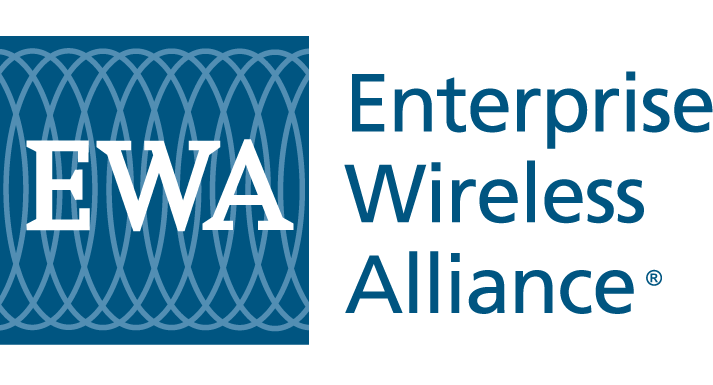I wish....
I suspect that many folks this time of year have wish lists. I do. Wouldn’t it be nice if the FCC lifted the 900 MHz new Industrial/Business system licensing freeze that hasn’t been necessary for over two years now. As a result of the continued freeze, use of this valuable spectrum resource is lost and big time companies like UPS and John Hopkins Medical Center are forced to secure STAs over and over and over to operate 900 MHz systems that support critical enterprise operations and the American public. Sprint doesn’t need this spectrum for rebanding green space, white space or even purple space anymore. Heck, there are geographic locations where rebanding is complete, kaput, done. Yet the freeze remains.
Wouldn’t it nice if the FCC released a Notice of Proposed Rule Making in response to EWA’s three year effort seeking greater use of the 12.5 kHz interstitial channels in certain Industrial/Business and public safety bands. The LMCC even supported this initiative and proposed frequency coordination guidelines two years ago! But we wait, and the majority of new narrowband digital technology deployments take place in lower bands where the advantages of the digital technologies are compromised due to congestion. It would be a good thing if the FCC clarified how best TETRA technology may be deployed in any bands. That would be helpful for everyone. We need station identification rules to catch up with the digital technologies that licensees are deploying. We have 21st century technologies, but early 20th century station identification rules. Why must licensees who invest in spectrum efficient digital technologies be forced to use gum, duct tape and safety pins to jerry-rig an analog station ID capability? It would be nice if the FCC granted the LMCC’s recommendations on how to license side-by-side “skinny narrowband” channels within exclusive use 12.5 kHz channels. It would be great if the FCC stopped the saber rattling on the need for 470-512 MHz licensees to eventually move on so that the band may be used for supposedly bigger and better broadband purposes. Please. It would be unbelievable if we had a workable solution that supported U.S. licensees who operate communication systems along the Canadian border so that concurrence denials weren’t a given, but rare. The process in place today is a disaster.
Perhaps in 2012 … all the best to you and yours this holiday season … Mark
